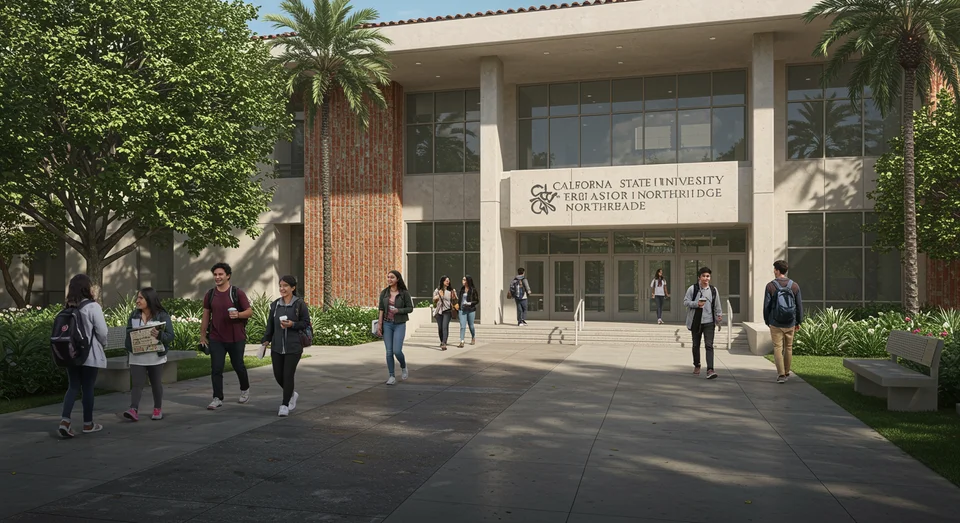CSUN’s VITA Program Transforms Accounting Careers While Aiding Struggling Families
171 views
Amid the shadows of financial hardship experienced by millions of Americans, a quiet revolution is taking place in the halls of universities across the country. The Volunteer Income Tax Assistance (VITA) program, spearheaded by institutions like California State University, Northridge (CSUN), is not only helping low-income families claim their rightful tax credits but is also reshaping the future of accounting as a profession. With $8.2 billion in Earned Income Tax Credits left unclaimed in the 2021 tax year—a stark reminder of the financial strain on households, particularly as 66% of Americans live paycheck to paycheck—programs like VITA are proving to be lifelines for struggling families while simultaneously serving as incubators for the next generation of accountants.

Under the leadership of Rafael Efrat at CSUN, VITA provides free tax preparation services to those who need it most, offering a vital resource to individuals navigating the labyrinth of tax regulations. For the students involved, the program is more than an academic exercise; it’s a transformative experience. By working directly with complex tax scenarios, students gain invaluable skills that textbooks alone cannot impart. This hands-on approach not only builds technical expertise but also fosters confidence and prepares them for careers in an evolving field where adaptability and strategic thinking are increasingly prized.
Yet, the accounting profession finds itself at an intriguing crossroads. Despite the allure of high salaries—median pay for accountants is $87,000, with Certified Public Accountants (CPAs) earning as much as $200,000—interest in accounting degrees has waned, particularly during the pandemic years. This decline is fueled, in part, by outdated perceptions of the field as one steeped in monotonous number-crunching. Advances in technology, however, are rapidly dismantling those stereotypes. Artificial intelligence and automation have shifted the focus of accounting from manual tasks to strategic decision-making, opening doors to roles that require critical thinking and innovation. Yet, this transformation has not fully permeated the public consciousness, leaving many young people unaware of the profession’s dynamic possibilities.
For institutions like Oklahoma State University (OSU), the narrative is markedly different. Nearly all accounting graduates—an impressive 98%—secure jobs immediately after graduation, often with record-high salaries. This trend aligns with Gen Z’s growing emphasis on job security, a factor that could reignite interest in accounting careers. As economic uncertainty looms large, the promise of stability coupled with the potential for upward mobility is becoming an increasingly attractive proposition for young professionals.
The VITA program exemplifies how universities can bridge the gap between perception and reality. By exposing students to the human impact of their work—helping families access critical tax refunds that may alleviate financial strain—it imbues the profession with a sense of purpose that transcends spreadsheets and balance sheets. It also highlights how accounting can serve as a tool for social equity, a narrative that resonates deeply with Gen Z’s values-driven approach to career choices.
Looking ahead, the accounting field has an opportunity to redefine itself in the eyes of future generations. Advocates hope that programs like VITA, coupled with the profession’s inherent stability and technological evolution, will inspire a new wave of interest. For a generation grappling with economic volatility and searching for meaningful careers, accounting offers a compelling blend of security, innovation, and impact.
In the end, the story of accounting is not just about numbers; it’s about people—those who rely on tax refunds to make ends meet, those who dedicate their careers to helping them, and those who are discovering that the profession holds far more promise than they ever imagined. The challenge now is to tell that story in a way that captivates the imagination of the next generation, ensuring that the billions of dollars left unclaimed each year find their way to the people who need them most.
